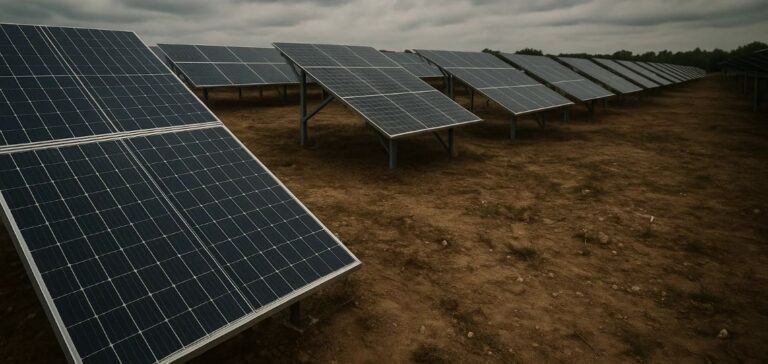The United States government has announced its intention to impose tariffs of up to 3,521% on solar panels imported from Cambodia, Malaysia, Thailand and Vietnam. The measure aims to offset what Washington describes as unfair foreign subsidies in the photovoltaic industry, granted by China to firms operating in these Southeast Asian countries.
According to the International Trade Administration (ITA), a division of the US Department of Commerce, an investigation launched in April 2024 found that companies in each of the targeted countries received subsidies directly from the Chinese government. The ITA described the case as a rare example of transnational subsidisation, underscoring the unprecedented scope of its findings.
Targeted measures and differentiated rates
The proposed tariffs vary by country and affected company. Malaysia would face an average tariff rate of 34.41% on its solar panels, while Cambodian products could be subject to a maximum rate of 651.85%. However, two Cambodian firms, Hounen Solar and Solar Long PV-Tech, were assigned a specific rate of 3,521%, representing a surcharge more than thirty-five times the price of their goods.
The International Trade Commission (ITC), another agency under the Department of Commerce, is tasked with assessing the impact of these subsidies on US manufacturers. A decision is expected by 2 June, at which point the ITC will determine whether the proposed tariffs should be implemented.
A multi-billion dollar trade issue
The targeted imports amounted to roughly $12bn (€11.2bn) in 2023, according to official data from the Department of Commerce. If confirmed, the tariffs would add to the 10% duties imposed since 2 April on most imports entering the US under President Donald Trump’s administration.
Additionally, the new duties would stack atop the so-called “reciprocal” tariffs announced on the same day, which were paused one week later. For Vietnam, this could result in a combined tariff burden of approximately 38%, highlighting the potential trade barriers for regional suppliers.
The underlying investigation was initiated following a petition by the American Alliance for Solar Manufacturing Trade Committee, a consortium of major US solar manufacturers. The organisation alleged that the Southeast Asian entities involved were operating as subsidiaries of Chinese industrial actors and were thus benefitting from indirect government support mechanisms.






















